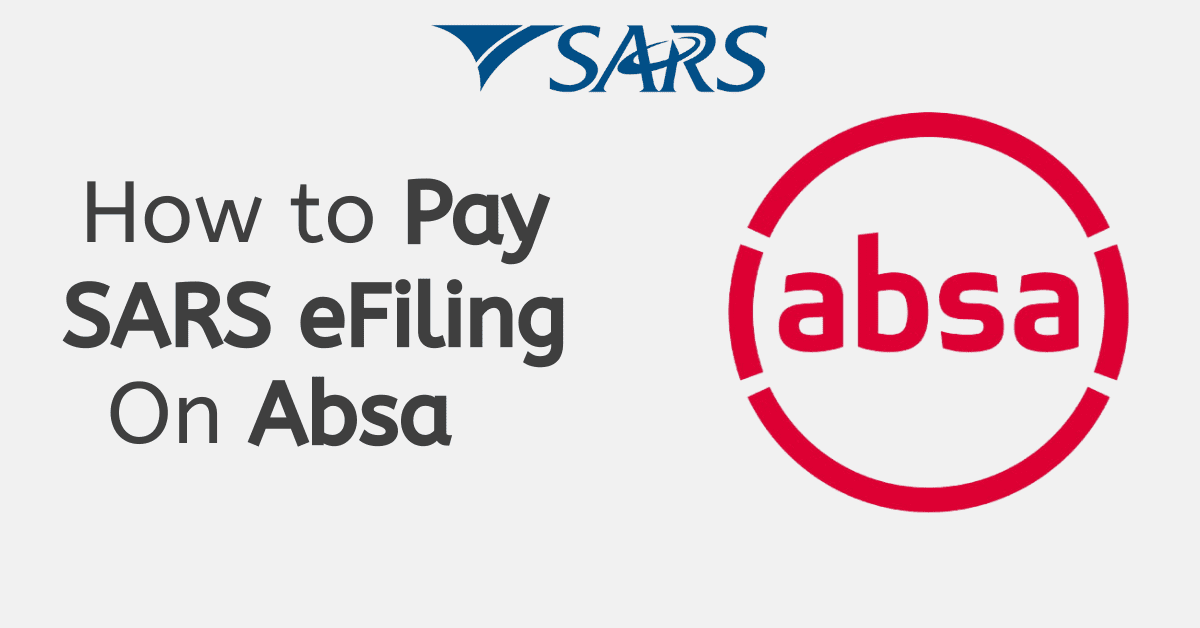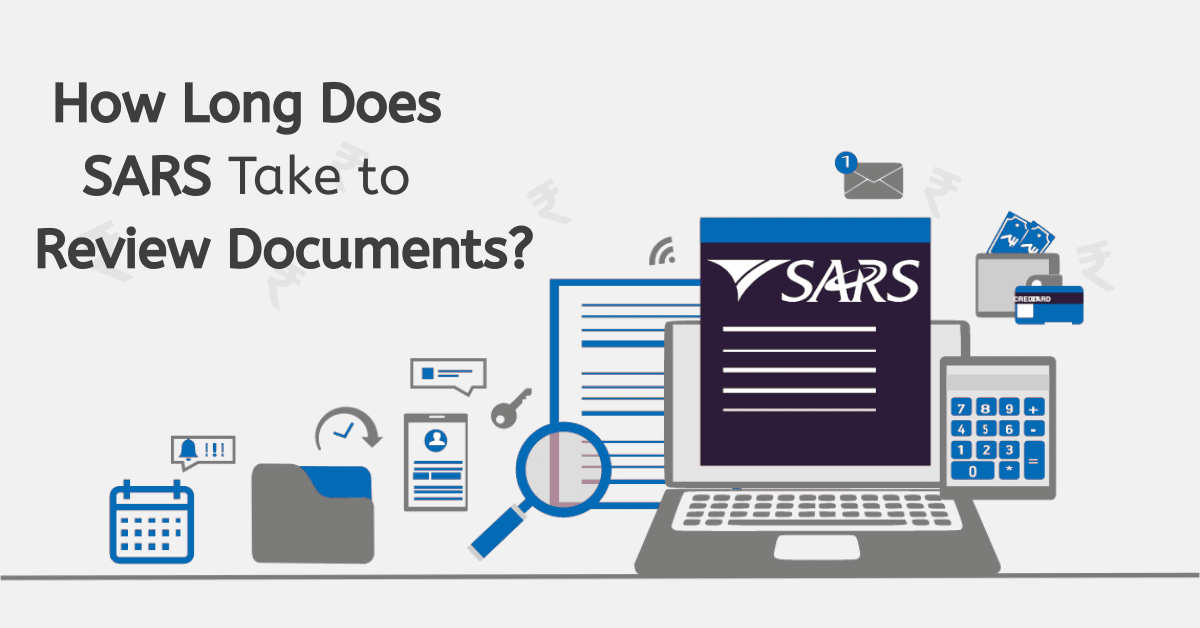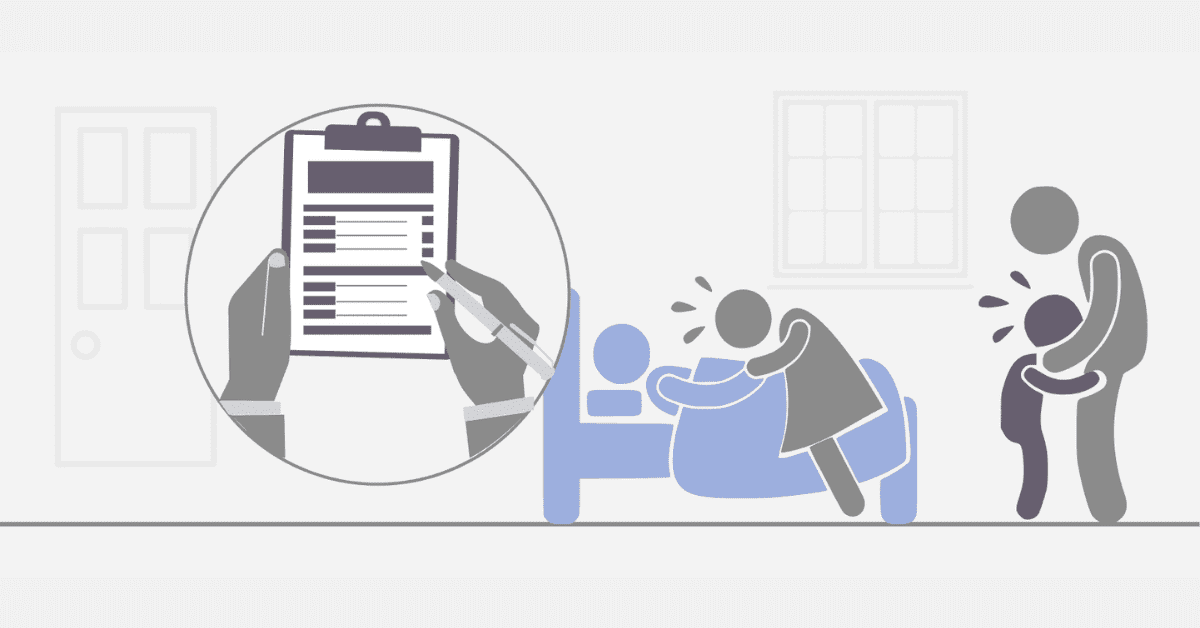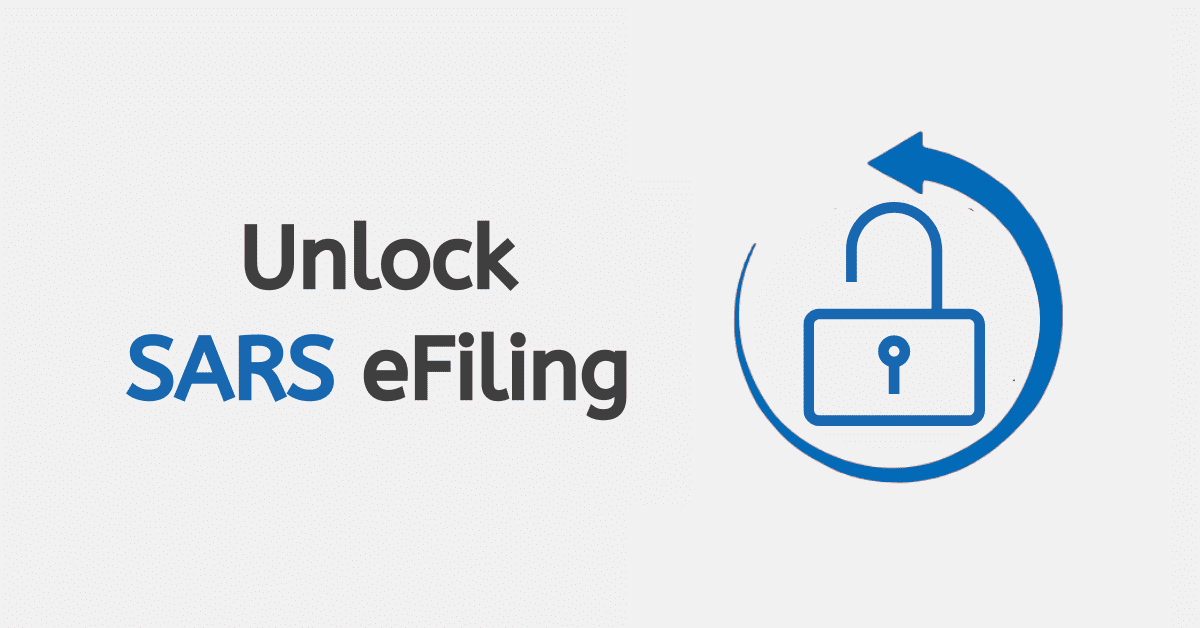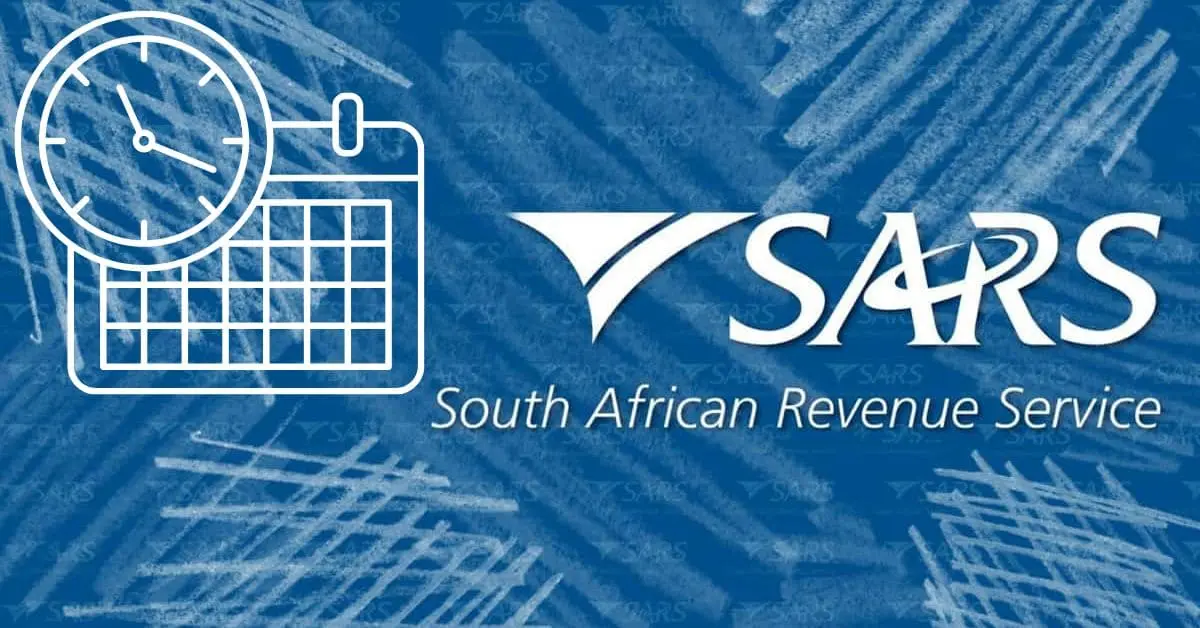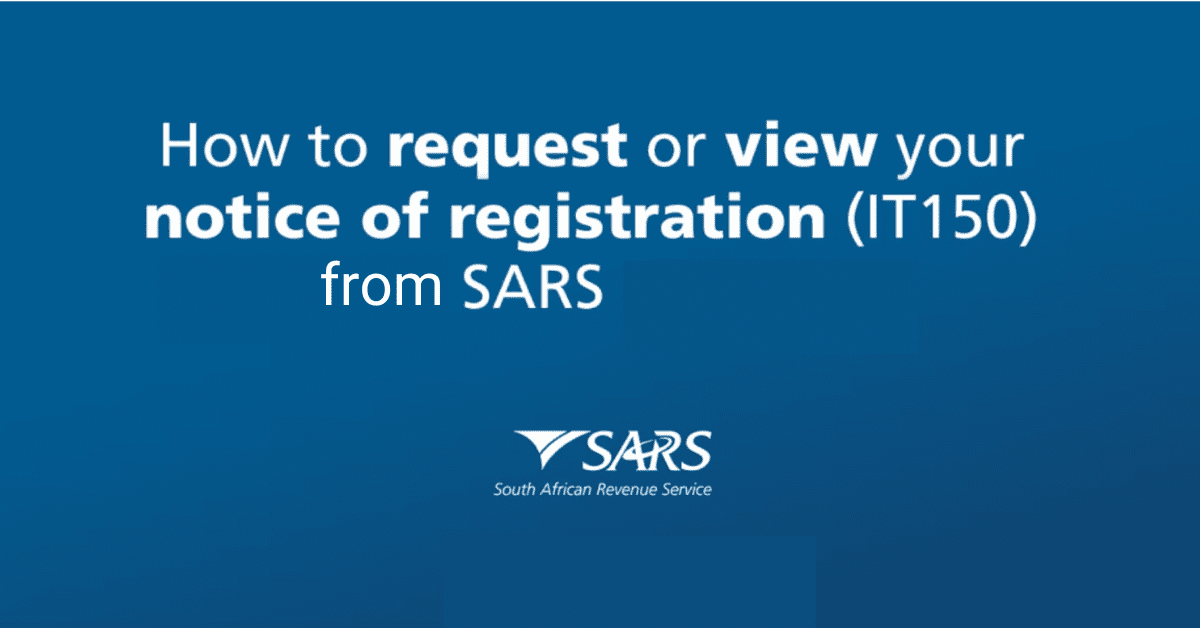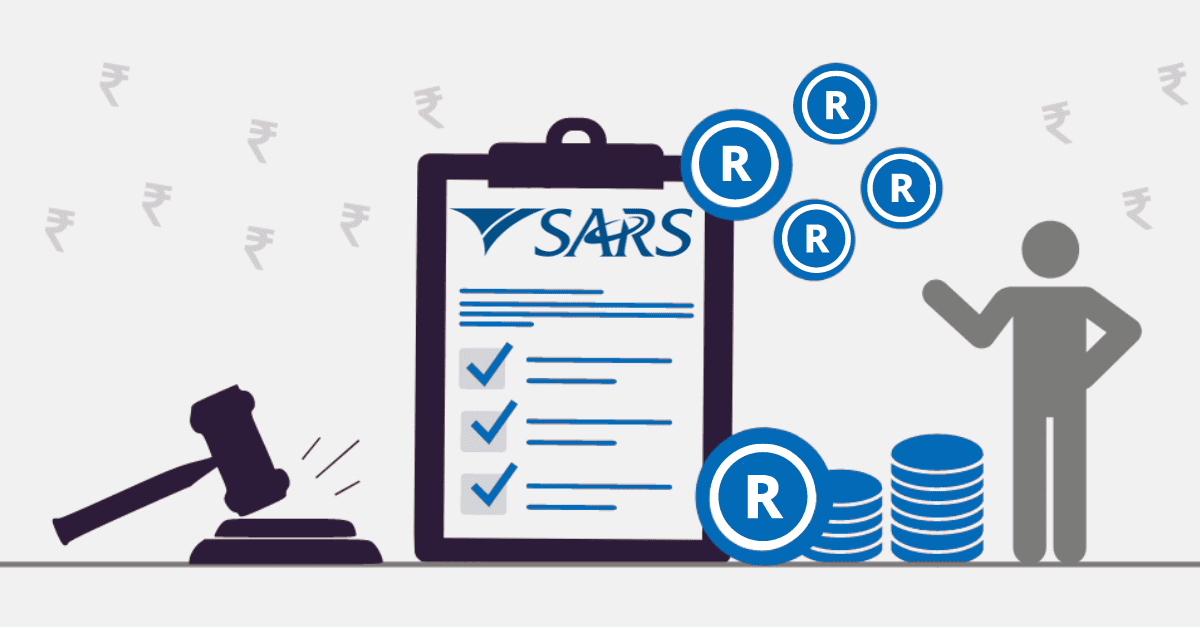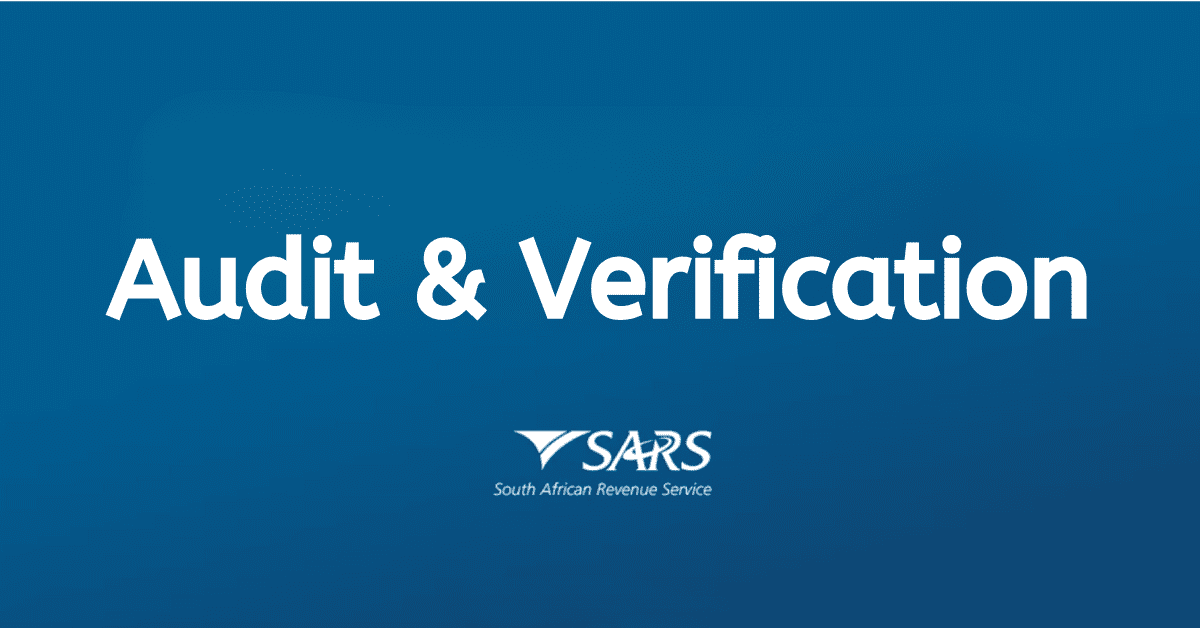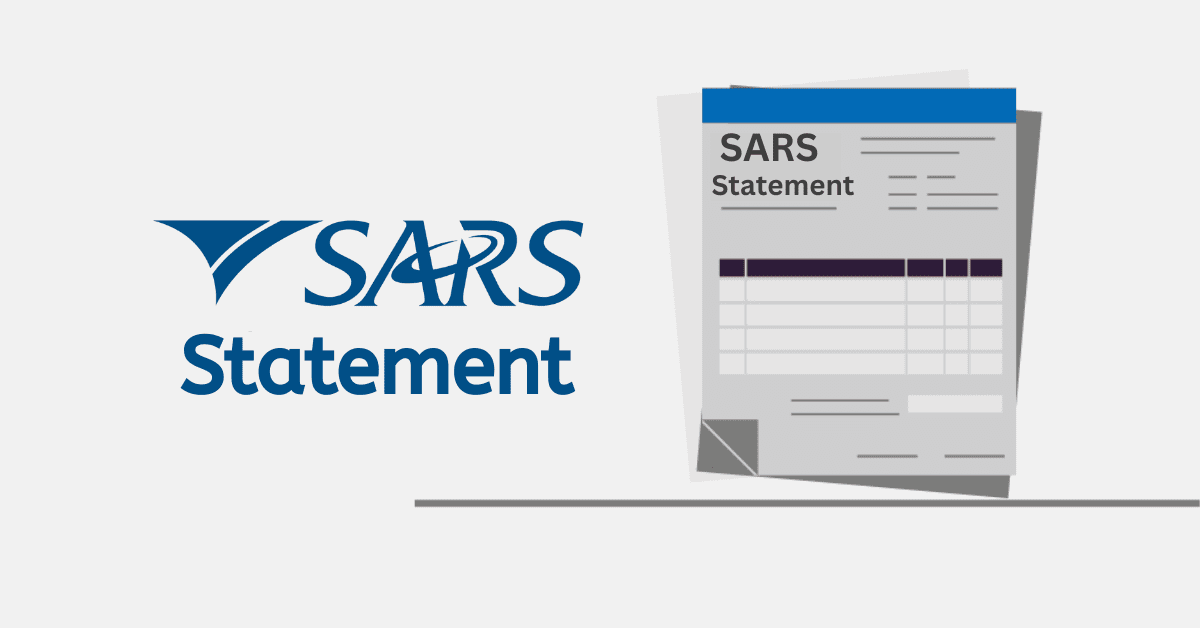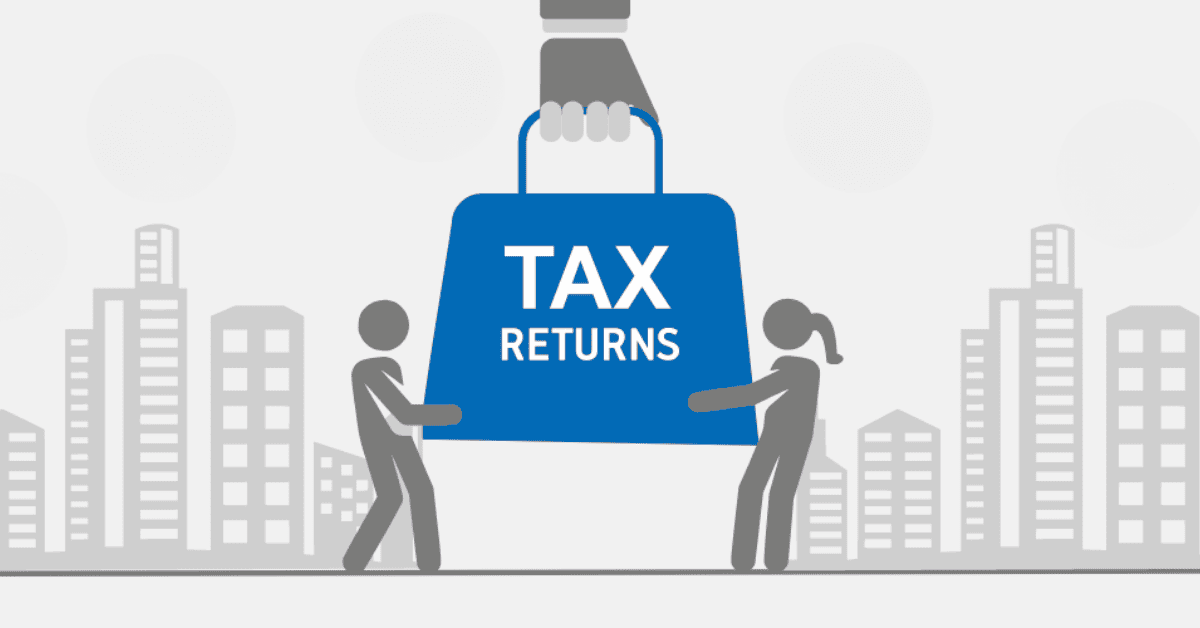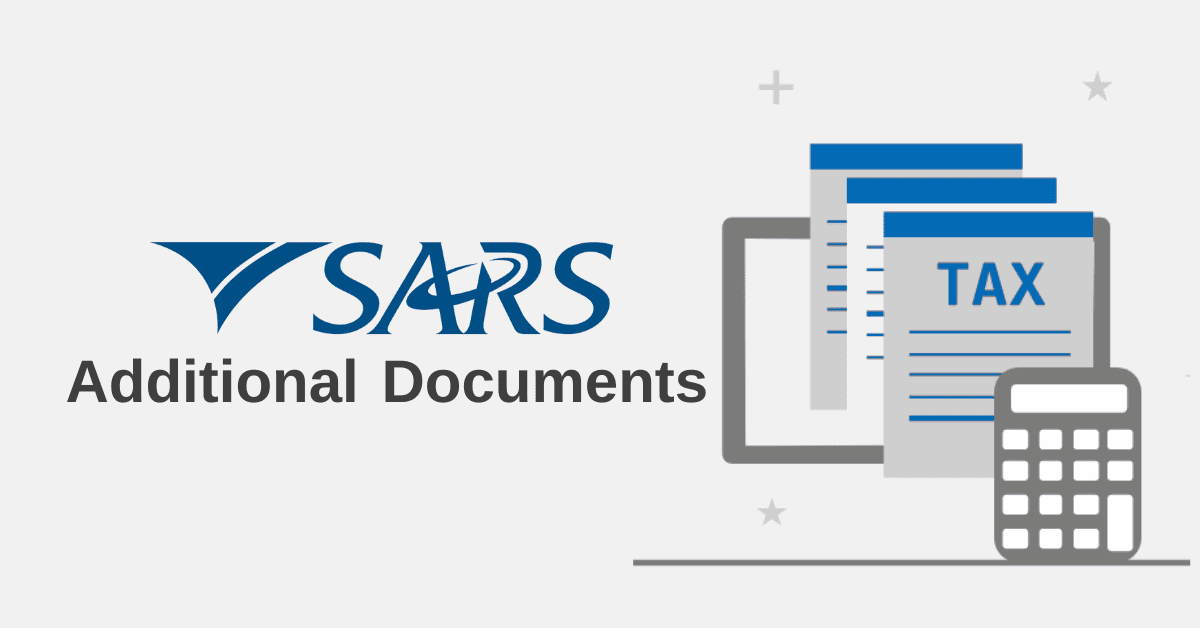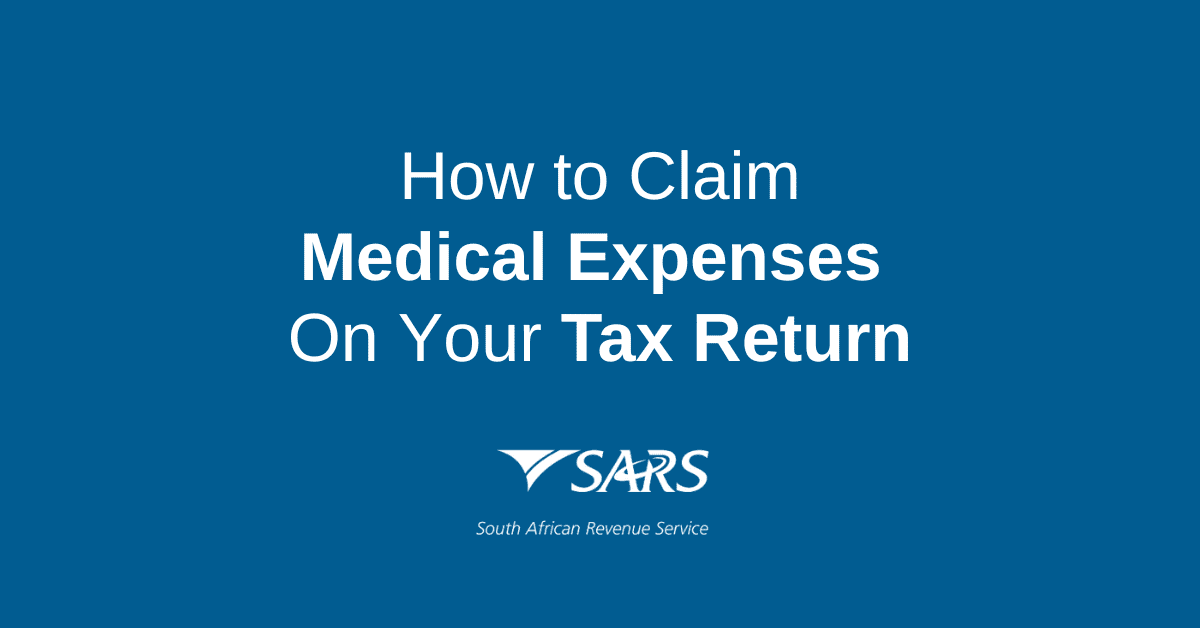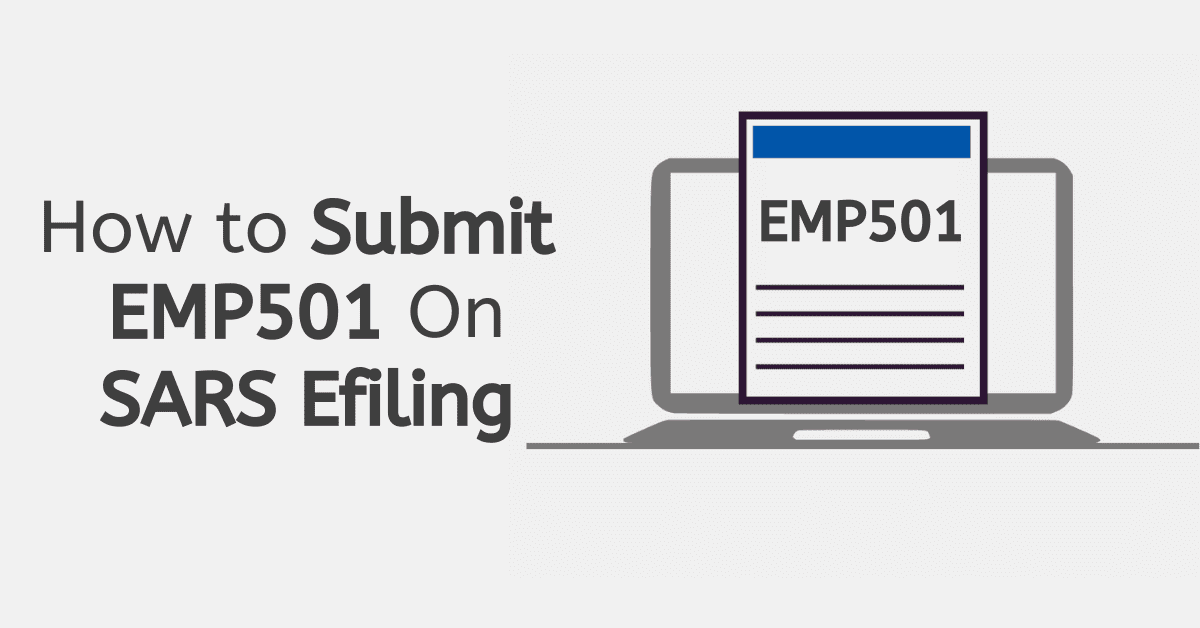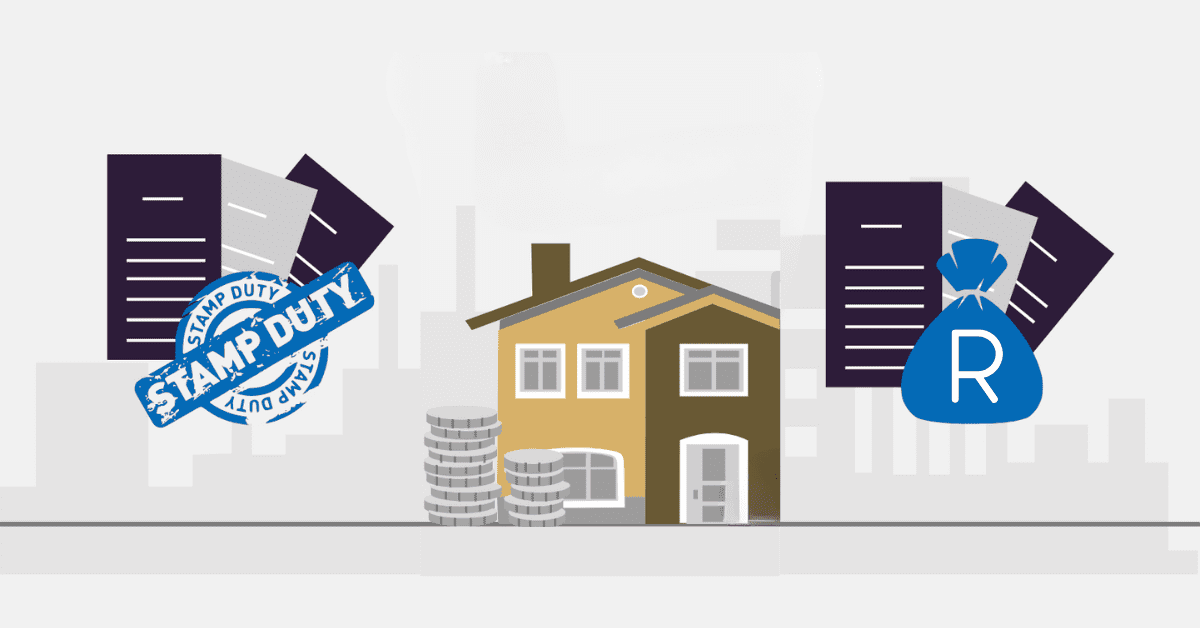Turnover tax is specifically meant for micro-businesses, and it consists of a simplified version to help them sort their tax obligations with relative ease. It replaced Income Tax, Provisional Tax, VAT, Dividends Tax, and Capital Gains Tax for small businesses with an annual turnover of R1 million or less. A tax rate is applied to the taxable turnover of your micro business to get a turnover tax. Read on to learn how to register for turnover tax.
Why Register for Turnover Tax?
If you operate a small business, you are required by the law to pay tax to SARS if you earn taxable income from your operations. If you qualify, you should register for turnover tax since it is designed to make life easier for small business operators when they handle their tax obligations. Remember to register for Pay-As-You-Earn (PAYE) if your company has qualifying employees.
There are certain benefits you can get from registering for turnover tax. First and foremost, turnover tax reduces compliance and administrative challenges often faced by many small business operators. This will make your life easier when you file for your taxes. However, it is a good idea to consult a professional to help if you are not familiar with the concept of turnover tax.
Another benefit of tax turnover is that it helps reduce rates since tax is calculated from your turnover, not profit. This means that your profit will not be taxed, which leads to more revenue for your business. Overall, your business will witness tax savings from turnover tax.
How to Register for Turnover Tax
To register for turnover tax, you must first undertake a quick test provided by SARS to check if your business qualifies. If you are a partner in multiple businesses, you don’t qualify for tax turnover. If your answer is NO to any of the following questions, your business will not qualify.
Here are the SARS questions that you should answer.
- Will the “qualifying turnover” of the business be less than or equal to R1 million for the year of assessment?
- Do you declare that the business is not a “personal service provider” or a “labour broker” without a SARS exemption certificate?
- Does the business trade in one of the following forms: sole proprietor, partnership, closed corporation, co-operative, or company?
- If the business is a partnership, do you declare that all the partners will be individuals throughout the year of assessment?
- If the business is a close corporation, co-operative, or company, do you declare that all of the shareholders/members will be individuals throughout the year of assessment?
- Do you declare that the business is not a public benefit organization, recreational club, association of persons, or a small business funding entity?
- Does the business have a year of assessment that ends on the last day of February?
- Do you declare that the owner, any partner, shareholders, members, and the business do not hold shares/interests in a close corporation, company, or cooperative other than the following exceptions:
- Listed South African companies;
- Body corporates and share block companies;
- Collective investment schemes;
- Less than 5% in social or consumer co-operatives;
- Venture capital companies;
- Friendly societies;
- Less than 5% in cooperative burial societies or primary savings co-operative banks;
- Any company that has taken steps to liquidate, wind up or deregister?
- Any other company that did not trade during any year of assessment and which did not own assets with a total market value that exceeds R5 000 during any year of assessment;
a) If you are a natural person, do you declare that the income from “professional services” is not expected to exceed 20% of your total receipts during the year of assessment?
b) If the business is a company, close corporation, or cooperative, do you declare that income from “professional services” and “investment income” is not expected to exceed 20% of the total receipts for the year of assessment?
- Do you declare that the income from the disposal of assets by the business over the year of assessment and the past two years of assessment is not expected to exceed R1.5 million in total?
- Do you declare that the business was not previously registered for the Turnover Tax?
You need to refer to SARS’ Tax Guide for Micro Business when completing the test.
If your business qualifies to register for turnover tax, you need to complete the TT01 application form for turnover tax. You can either complete the form manually or online. When you have completed your form, you should submit it to SARS before the beginning of the assessment year, which runs from 1 March to 28 February in the following year. The commissioner may determine the submission date in a Government Notice.
Submission times for new registrations and registered businesses differ slightly. If your micro business starts trading during the year of assessment, you should send an application within two months from the day it starts operating. Registered businesses should submit their applications before the beginning of each tax year.
You can send an email to SARS or book an appointment on its eBooking system to submit your application. If your application form is incomplete, you will be notified and asked to provide full details, and this is when your application will be considered. You will also get a letter with the results of your application.
Who Qualifies for Turnover Tax in South Africa?
Micro businesses with an annual turnover of R 1 million or less. The following taxpayers may qualify:
- Individuals (sole proprietors)
- Partnerships
- Close corporations
- Companies
- Co-operatives
How Much Is Turnover Tax?
The turnover tax has not changed from last year, and the current (1 March 2026 to 29 February 2026) is as follows:
- 1-335 000 0% of taxable turnover
- 335 001 – 500 000 1% of taxable turnover above 335 000
- 500 001 – 750 000 1 650 + 2% of taxable turnover above 500 000
- 750 001 and above 6 650 + 3% of taxable turnover above 750 000
If you operate a micro business that has an annual turnover of R 1 million or less, you qualify to register for turnover tax. This kind of tax is designed to improve compliance and other administrative issues. More importantly, it reduces tax rates. However, you need to check first if you qualify to get turnover tax.
